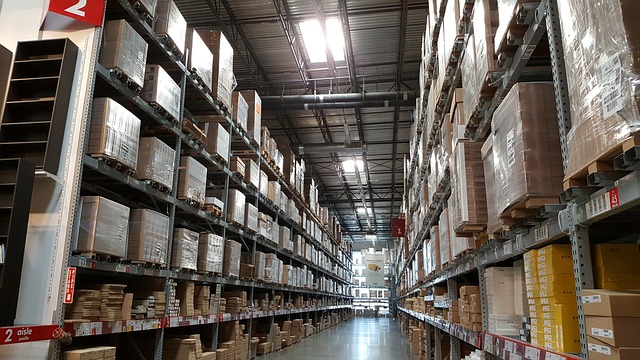What kind of expenses can be deducted for tax purposes is an all too common question for individuals who are self-employed. Although you might buy many items for your business, not all of these purchases may be deductible on your tax return.
The Internal Revenue Service (IRS) and State Departments of Revenue allow taxpayers to deduct expenses that are ordinary and necessary in their business.

Vehicle Expenses
If you use your vehicle for business purposes you can deduct either your actual costs or a standard rate for each mile driven. If you opt for the standard mileage rate you must choose to do so in the first year the vehicle is available for use. As of this writing the standard rate is 58 cents per mile. However, this amount changes periodically. Keep in mind that you must maintain a mileage log of the travel which shows the date and business purpose of the trip.

Home Office
If you have an area of your home that is used as an office you are allowed deductions that may not be so obvious. For example, if you have an office that is 10% the size of your home, then you are able to deduct the same percentage of the home’s expenses such as electricity, insurance, repairs, interest, etc. However, to be deductible the space must be regularly and exclusively used for business.

Meals
One benefit of being a business owner is that you can deduct the cost of meals. Up to 50% of the cost of meals can be written if the meals are provided to a current or potential customer. It’s best practice to keep receipts and record of the purpose of the meeting. Just remember that the cost of the meals must be reasonable.

Gifts
If you have customers who have supported your business it’s not uncommon to want to show your gratitude. Many businesses will do this by sending a gift to customers during the holidays or on a special occasion. Business gifts are deductible but are limited to $25 per person per year.

Depreciation
Depreciation is a word that sometimes gets new business owners scratching their heads. Simply put depreciation is the expensing of property over its useful life. The length of time the depreciation is allowed varies by the type of property. However, in certain instances you expense the full cost of the property in the first year that it’s acquired and placed into service which could be a huge tax savings.

Old or Damaged Inventory
There are instances where your inventory can’t be sold because it’s damaged or just plain old obsolete. In these cases you can get a write off for discarding these unwanted items.

Health Insurance
It’s rare that the cost of health insurance goes down. For many businesses this is consistently one of the most expensive bills paid each month. If you’re self-employed though you may be able to deduct the cost of health insurance premiums that covers you, your spouse or and/or your dependents.
